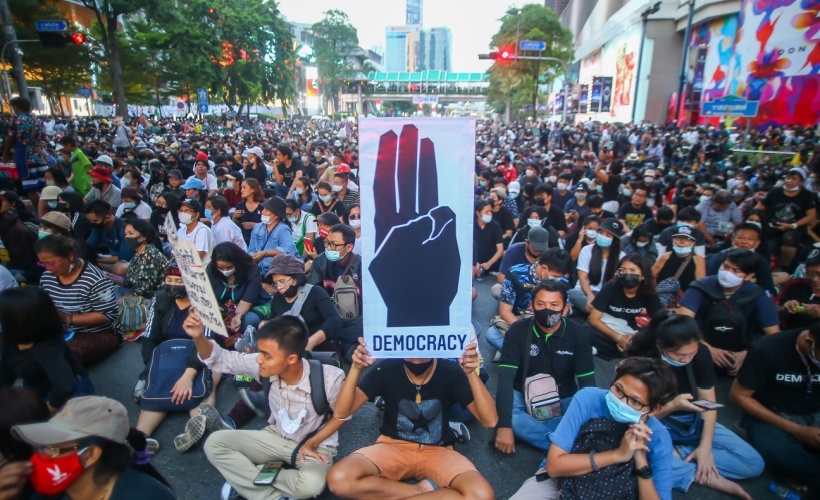The rise of populism is a global phenomenon with regional eccentricities. How prevalent is populism within the different countries of the Indo-Pacific region and what are the geopolitical implications of the rise of populist leaders and political parties? What are the different factors that drive populism and what are the consequences of populism in national, regional, and international contexts?
Our panel of experts unpack populism within the Indo-Pacific region focusing on India, Pakistan, Japan, Korea, China, and Indonesia.
Panelists
- William Hurst is Chong Hua Professor of Chinese Development at the University of Cambridge, and Deputy Director of the Centre for Geopolitics.
- Ying Miao is a Senior Lecturer in the Department of Politics, Aston University, Birmingham.
- Adnan Naseemullah is a Reader in International Politics at King’s College London.
- John Nilsson-Wright is Associate Professor in Modern Japanese Politics and International Relations and an affiliate of the Centre for Geopolitics.
The discussion will be followed by a drink’s reception.







